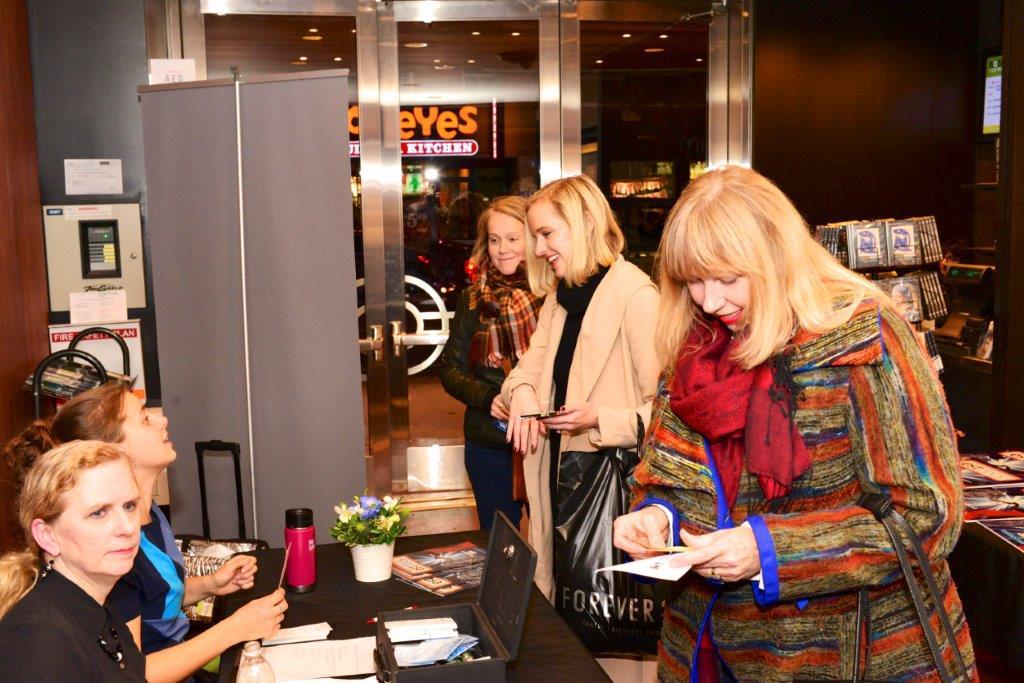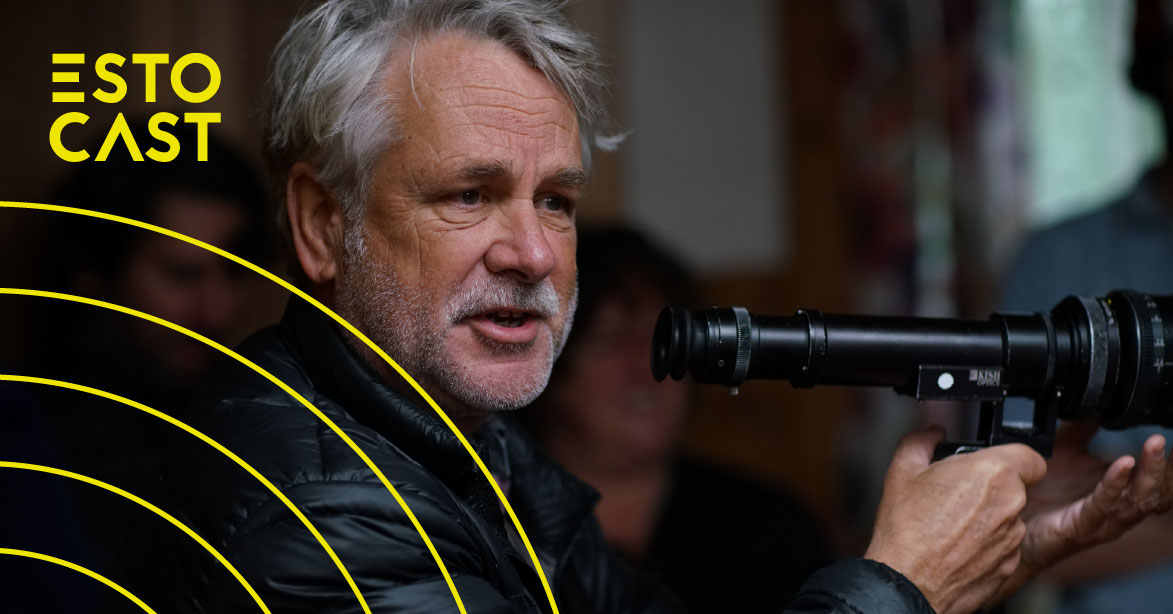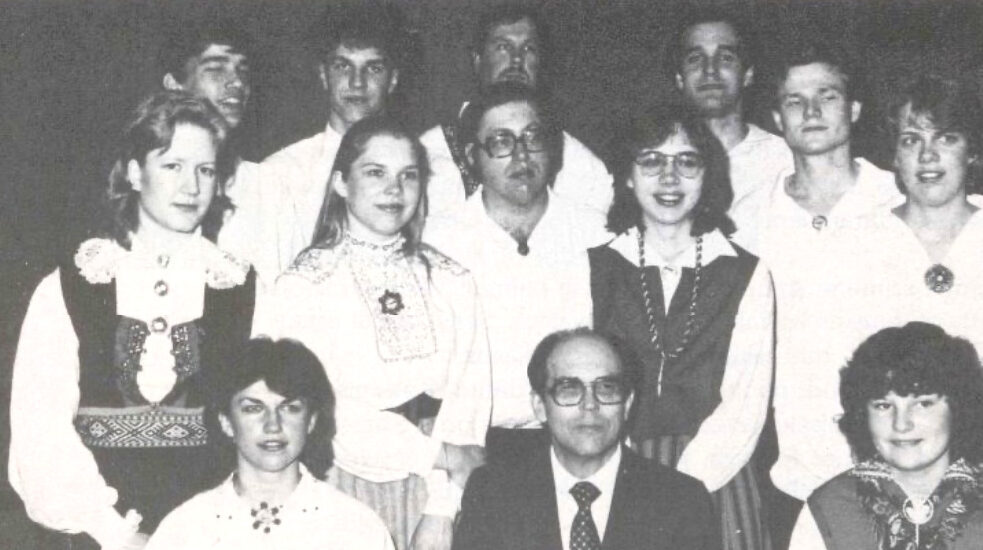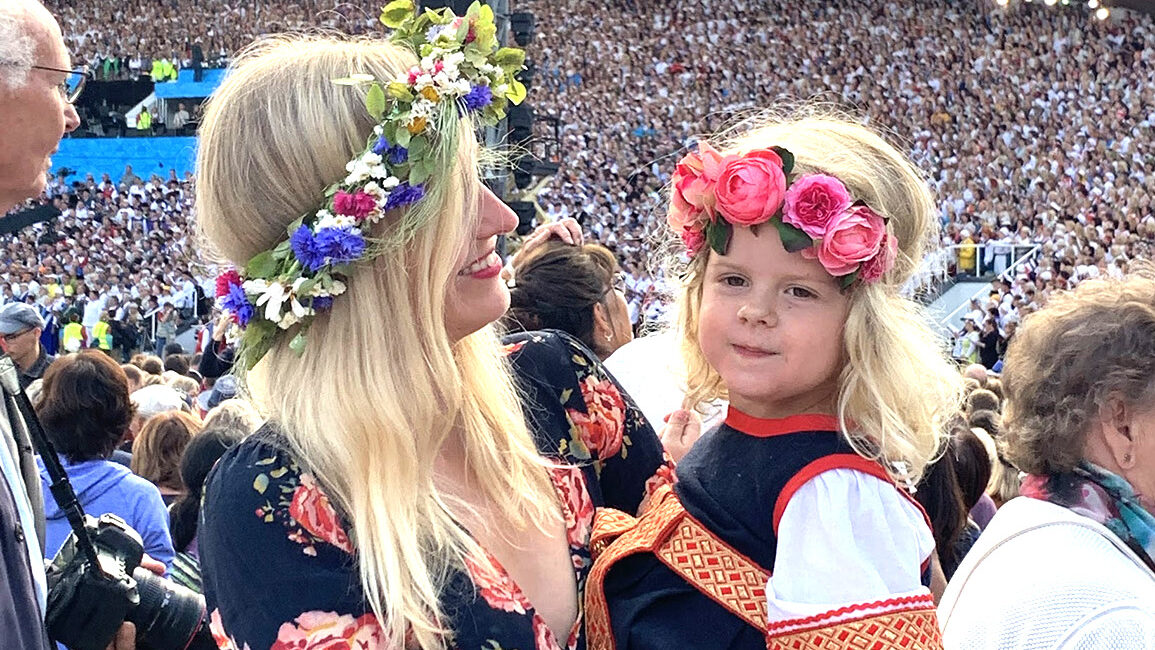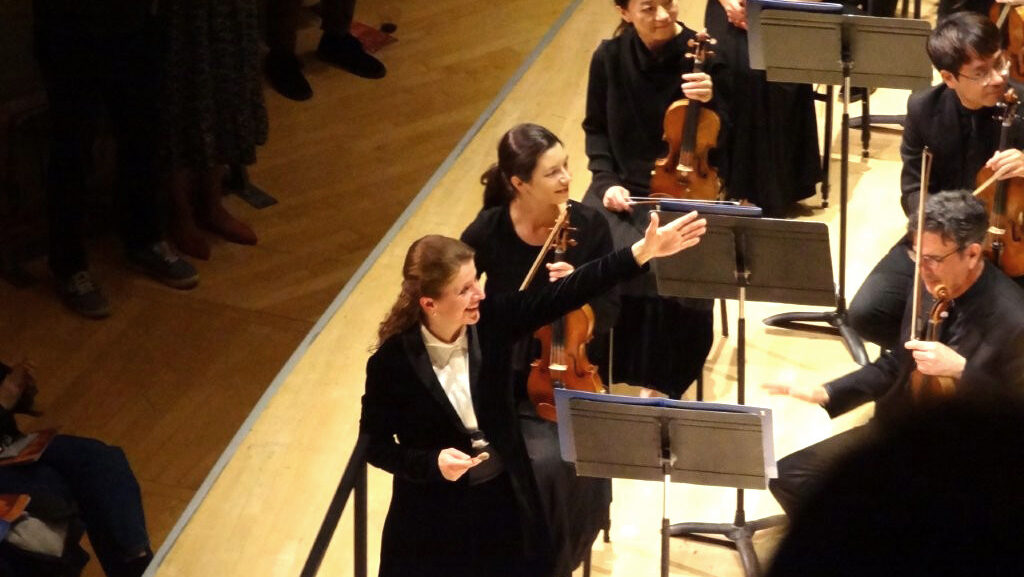Where else, in the space of five days, can you learn so much, and be so entertained at the same time?
Festival Director Kristi Sau Doughty and her team of 40 EstDocs volunteers delivered a memorable experience. Kristi promised a festival full of “fun”, but it was a lot more than that. Great films, guest speakers, after-parties, kringel and pirukad – it was a feast for all the senses.
EstDocs began on Friday, Nov. 4 with “The Master Plan”, which focused on Russia's reinvented propaganda machine.
Film venue Hot Docs Cinema on Bloor Street in Toronto was packed with film-goers, as this is an issue of keen interest to many Estonians. Latvian screenwriter Sanita Jemberga was interviewed prior to the festival by EstDocs Program Director Kalli Paakspuu about the importance of making this film.
Sanita said that many Baltic persons live with Kremlin-controlled media and that fact, coupled with the social isolation of Russians living in the Baltic countries, has created unrest.
She says that agreeing on the present is the key to the future – and the understanding that people want to live in an independent, democratic European country.
This evening was made even more interesting with a panel discussion afterward, led by EstDocs moderator Riho Vastrik, a producer/director from Estonia, who is an associate professor in the Baltic Film, Media Arts and Communication School in Tallinn. He is also co-owner of the production company Vesilind and one of his films – Life on the Mother River – was screened on Nov. 7.
The discussion featured Chris Alexander, who provided some insight into matters from his time as Canada's former federal immigration minister.
On Saturday, Nov. 5, the theme switched from politics to fashion – but with a heavy and fascinating dose of environmentalism and advocacy.
“Out of Fashion” is a film about upcycling, which brings textile waste back into the production cycle. The engrossing film criss-crossed the world over a five-year period in its mission to bring sense and understanding to the chaotic world of fashion production, which is routinely responsible for vast amounts of waste.
Produced by Estonian designer and activist extraordinaire Reet Aus and directed by Jaak Kilmi and Lennart Laberenz, one of the countries the team travelled to was Bangladesh in the hopes of finding out just how a pair of everyday blue jeans is made and what happens along the way.
Not surprisingly, they found the trail to be a tricky one, but finally discovered the factory where the jeans were made. The waste left over from unused material, the vast amounts of water needed to produce just one pair, and the toxic chemicals used in the production was eye-opening and downright appalling.
Reet ended up partnering with the Bangladeshi factory to produce a line of clothing using their leftover fabric, which would normally end up as landfill waste.
Her Trash to Trend line has been growing steadily and is sold in many outlets throughout Europe and North America. She has moved from designer to advocate and innovator and last year established sustainable design at the Estonian Academy of Arts, where she is a senior researcher.
The evening started with a fashion show of some her original pieces, accompanied by live keyboard music from an Estonian musician. Reet also attended EstDocs, and said she found her first trip to Canada extremely enjoyable.
The Sunday screening day at Tartu College was a great collection of four eclectic films that provided further insight into Estonian culture, past and present.
The first film, Wolf's Hour, was a story about Estonian writer, playwright, director and lecturer Mati Unt. Author Sirje Kiin introduced the film, and said Mati was one of the first “open” feminists in Estonia and created interesting and strong roles for women in his productions.
Mati was a prolific writer and directed at least 100 plays during his career. Again, a fascinating insight into life in Estonia in the 1960s, a difficult time for many. This film was directed by Maria Avdjushko.
A fantastic production came next featuring Estonia's very own, and very famous, heavy metal band Metsatoll. Director Liina Paakspuu attended this screening and said she followed the band for two years in order to gain footage from the notoriously camera-shy band members.
Metsatoll has stayed true to its roots, performing in Estonian, and has shunned offers to produce their music in English. They seem to be the stronger for it, and their deep energy echoes with traditional folk music undertones. The result is utterly captivating and completely soul satisfying. This film also featured Finnish metal band Finntroll and it was interesting to see the similarities in the Nordic folk metal music scene.
Estonia has a strong animation culture in its film production, and the charming and poignant film “Empty Space” featured this technique. Director Ulo Pikkov told the story of Leonard Lina, a former officer of the Estonian Defence Forces, who went into hiding to avoid capture and imprisonment. While in exile, he built a miniature replica of his home, complete with furniture and housewares, for his daughter, who he didn't see for ten years.
The film featured an animated doll that moved through the rooms of the house – and the set featured the actual replica built by Lina that is now housed at the Toy Museum in Tartu, Estonia.
Award-winning Estonian animator, director and designer Priit Tender also came to EstDocs and conducted a workshop during the festival.
“Land of Soul” told the story of the renovation of a 100 year-old church built by Estonian immigrants in the countryside six hours outside Chicago. With its leaky roof, leaning tower and overgrown gravestones, the church and its site were in danger of falling into ruin. Chicago resident and Estonian native son Jaan Karukapp called Tonis Magi, one of the most influential names in Estonian rock music, to come and help. Together, they saved the church by mounting a successful concert and fundraiser that caught the heartstrings of the local but rather far-flung Estonian community.
EstDocs was so rich this year because of the fantastic programming that featured diverse topics and fascinating people. I had a great conversation with Karin Haze, one of the jurors, who is the creative director of the Cinema Feast in Montreal. An established film-maker, she said her experience as an EstDocs judge was wonderful because it gave her insight into a new culture and enabled her to connect with other film-makers. It is like travelling, she said, a completely rewarding experience.
My own small contribution to spreading our culture is to invite non-Estonian friends to watch the films with me. I did so again this year; one friend came to see The Master Plan and the other to Out of Fashion. Both found coming to EstDocs eye-opening, interesting and a chance to get a good glimpse into world events and issues.
Estonians are becoming increasingly globally connected, as is everyone. In this day and age when information passes fluidly across countries and we are able to connect with each other so easily, possibilities open up. We can learn to care about one another by being interested in issues that are beyond our everyday scope of knowledge and pitch in to get involved. Or maybe just spread the word about things that move us.
It truly may be one way we can make a positive difference in the world – and just think, all it takes is watching a few films.
Karin Ivand
